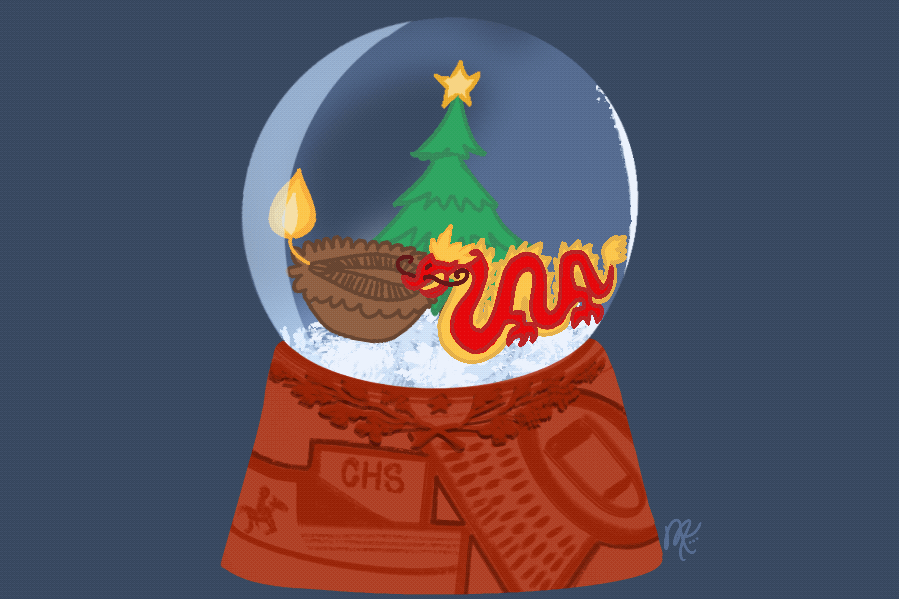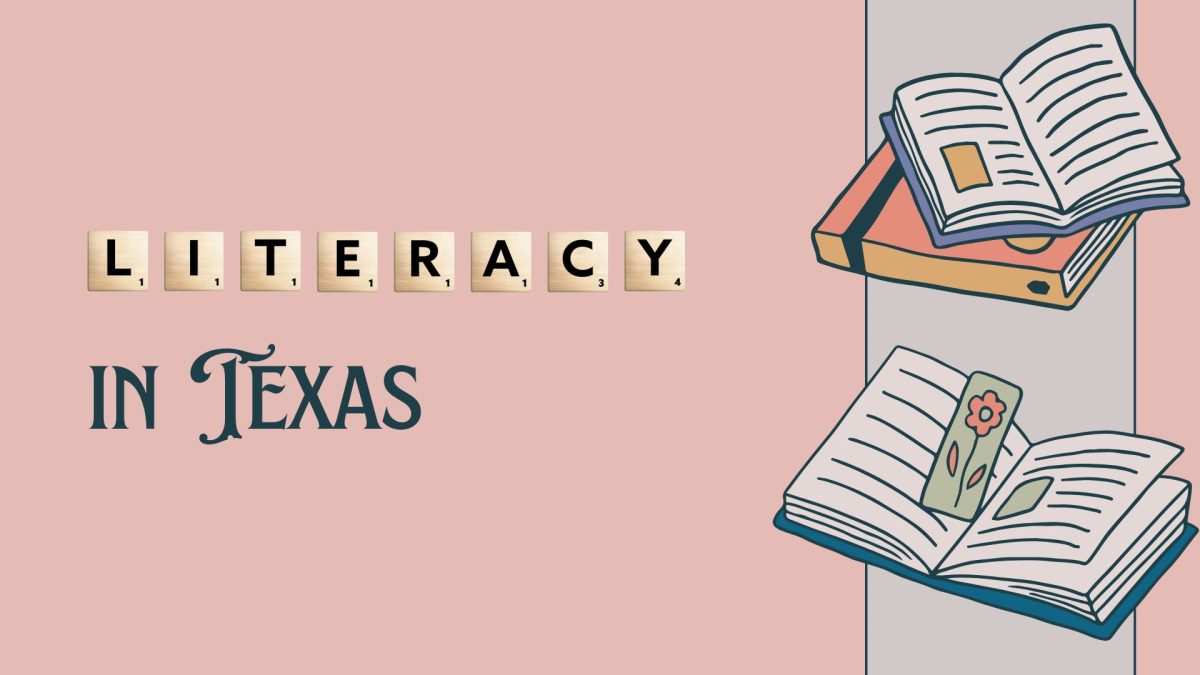Abby Drake
Staff Writer
Students sit at their desks for each 52-minute class period with a pen in their hand and their nose in a book, vigorously copying down notes. This repeats itself everyday, all year long.
The same students who are always learning and studying are the ones who are carrying around the huge 400-page AP study books with pages upon pages of repetitive study material.
Why take the time and do all of the work and preparation in the class if you are just going to buy the book with all of the information in it? Many students agree that it is unnecessary.
“I feel like my notes from the class are sufficient enough, and the book just repeats them,” senior Jessie Ross said.
There is a lot of anxiety in the air when it comes time for AP tests. Every tester wants to do the best they can and get that 5. If that stress is not enough, students also add on by carrying around the giant study books.
By constantly having a thick book in hand that must be read, a new layer of stress is added. It is much more important to take a test with a clear and calm mind than cram every single bit of information into your brain.
The Princeton Review has a wide selection of books covering each test individually and fully. These book and many others like it include notes and full-length practice tests.
Taking a test with different and dated questions before the actual exam is taken does not seem beneficial, but instead repetitive.
Each teacher creates his or her syllabus in a delicate and precise manner. They know how to teach the material in a way that ensures success for their students. Not every source, however, teaches the same way and confusion is inevitable when students are trying to receive information from different places.
“They can be confusing if they explain things differently than how it was taught,” AP calculus teacher Jan Bourg said. “If you listen and pay attention in class then they are not necessary.”
An entire year’s worth of lessons is difficult to condense into a single study book and so it takes a lot of time to get through one of them. Not to mention each book can cost around $20 to $25— money and time wasted.
Of course the book can offer a lot in terms of valid information, but in order to fully reap the benefits of them and not get harmed they need to be read and studied well before the exam and not suddenly before. With that in mind, they could provide assistance, but many students still do not see the need.
“I think I did just fine on My AP English exam without having to waste the money on one of the study books,” senior Emily Fowler said.
According to Dr Marc Dussault the author of How To Get The Best Grades With The Least Amount Of Effort cautions against the dangers of cramming right before a test. Trying to absorb all of the information from those study books in a short amount of time can lead to confusion of information and even loss of material.
To avoid the dangers of cramming and to do well on exams, students are better off staying away from the enormous study books and focusing on what they were taught all year long.








